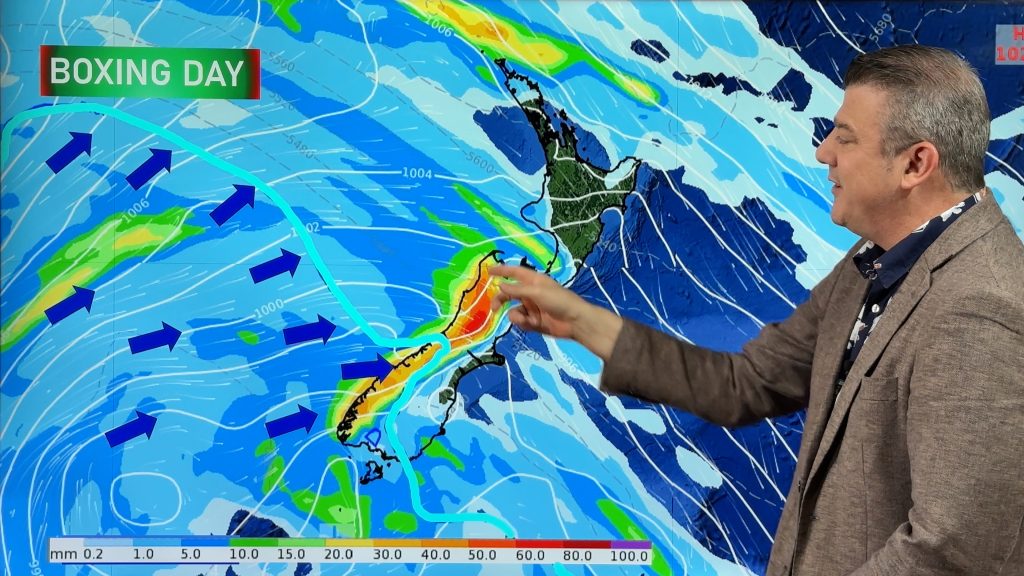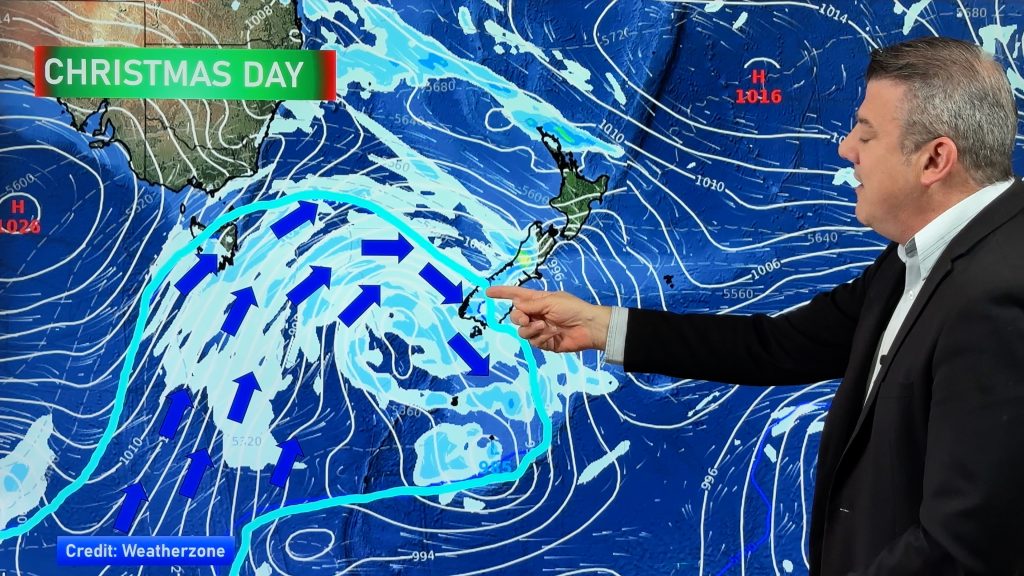
> From the WeatherWatch archives
Salvage workers are bracing for the death of the “creaking, groaning” MV Rena, now sitting precariously on Astrolabe Reef and expected to flood more oil into the sea.
The same pancake-sized blobs of oil that have blotted the Western Bay of Plenty coastline were found at White Island yesterday and are expected to arrive at East Cape by Saturday.
Last night, the crippled 47,000 tonne container ship was threatening to break apart on the reef amid a fresh bout of bad weather bringing large swells.
The poor weather forced salvors to cease the pumping of oil from the vessel at 11.30pm last night, however staff remain on board undertaking other necessary tasks.
About 90 tonnes of the marmite-like oil 150m was pumped through a 7.5cm hose into the bunker barge Awanuia before operations were temporarily halted.
The oil is pumped off at an average of 3-4 tonnes an hour.
Maritime New Zealand estimate 350 tonnes of oil has spilled from the ship since it grounded on October 5.
High swells hinder salvage
Weather conditions, bringing showers and northerly winds today, were not expected to ease until the weekend.
Heavy rain is forecast today, and 4m swells are currently battering the vessel, Maritime New Zealand said.
MNZ salvage unit head Andrew Berry said plans are in place to begin using a booster pump bought in yesterday, which will hopefully help speed up the pumping process, although this will depend on the weather conditions.
“Every drop of oil that we can get off the Rena is one less drop that potentially can end up in the environment, but given the huge range of variables that can affect operations, it’s going to be a long, slow process.
“The ship is stable and remains in the same condition as it was yesterday – with cracks down each side but is still together in one piece,” Mr Berry said.
National on scene commander Ian Niblock said there have been no fresh reports of oil on beaches overnight. The state of beaches and other oil-affected areas would be re-assessed this morning, with the possibility of re-opening some beaches if it was safe to do so, he said.
Mr Niblock said a small amount of “relatively light” oil had spilled overnight, however the sheen is being blown away from the coast and is breaking up naturally around 2km from the ship.
The rough seas may be hampering the salvage, but are actually helping to break up the oil naturally, he said.
So far 88 containers have fallen off the vessel, although it is not known how many may have sunk.
No further containers fell off the ship overnight.
The Wildlife Centre reports 207 live birds are now in care, as well as three seals, while 1,290 dead birds and four dead animals have been recovered.
Fears the vessel will break up
MNZ salvage unit manager Bruce Anderson said there was some oil not contained in the vessel’s fuel tanks which was expected to have spilled last night.
Much more could spew out if the Rena was dislodged.
“If the vessel falls off the reef it could puncture a tank,” Mr Anderson said.
“You don’t know what’s going to happen if it falls off the reef.”
One tank at the stern of the Rena contains about 700 tonnes of oil and a tank at the rear starboard side contains another 300 tonnes.
Drew Shannon of Switzer Salvage said the priority was to discharge the fuel without damage to the environment but staff were also working feverishly on a plan to remove the containers and eventually the vessel itself.
Meanwhile, the Government painted a bleak picture of a long response to the Rena clean-up and a potential bill to the taxpayer of millions of dollars.
It is yet to commit to a possible financial package for affected businesses and workers in the Bay of Plenty, almost two weeks after the Rena struck the reef.
Transport Minister Steven Joyce said he did not rate the chances of salvors finishing the job before the ship broke apart.
The prow of the Rena is settled on the reef, but its rear was hanging over by about 60m.
Meanwhile, Mr Joyce yesterday met the managers of the Mediterranean Shipping Company, which chartered the Rena, about the company’s “moral obligation to assist”.
“They have given me an undertaking that they will be looking to provide assistance in both cash and non-cash terms,” Mr Joyce said.
The ship’s owner, Costamare, is responsible for covering the salvage operation, and is thought to be legally liable for up to $12.1 million of the cost of the clean-up under the Maritime Transport Act.
But Mr Joyce admitted more oil leaking was inevitable, and the final bill for the clean-up could be in the tens of millions of dollars.
“There are too many variables at this point, basically around how much of that oil comes off the ship, when and in what way.”
The clean-up bill so far is estimated at $4 million.
– nzherald.co.nz
Comments
Before you add a new comment, take note this story was published on 17 Oct 2011.




Add new comment
westcoast on 17/10/2011 11:40pm
Hi, please note that there is a big difference between 4m waves and 4m swell. They are not the same thing are not interchangeble.The media need to understand the differences.A wave is localy created, and is short period, and does not have as much energy as a sell, which is longer period, created over a longer fetch and over a longer period of time, and which has lot more energy (i.e does more damage)
Reply